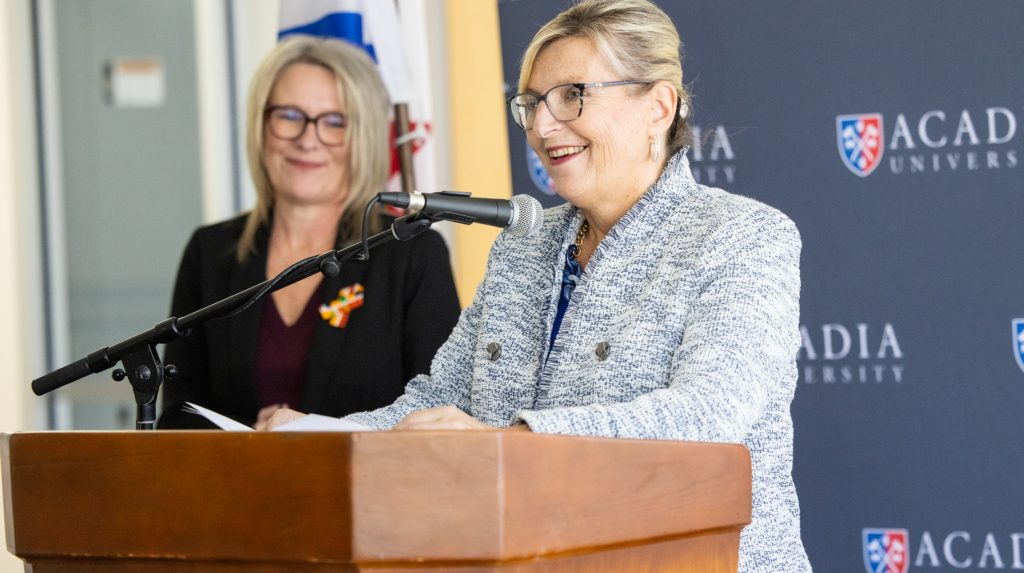Turkish leader hits back at Europe on anti-terrorism laws
Posted May 6, 2016 10:03:23 AM.
Last Updated May 6, 2016 04:40:29 PM.
This article is more than 5 years old.
ISTANBUL – Turkish President Recep Tayyip Erdogan had harsh words Friday for Europe, saying his nation won’t reform its anti-terrorism legislation just for the sake of getting visa-free travel for its citizens there.
The tough talk comes at a time when moderate Prime Minister Ahmet Davutoglu has stepped down, a move that Erdogan’s critics fear will help the president further consolidate his power.
As part of an agreement in which Turkey will help halt the flood of migrants and refugees from the Middle East, the European Union asked the nations in the bloc to allow Turkish citizens to travel to Europe without visas on short stays. In exchange, the EU wants Turkey to meet certain conditions, among them a revision of its harsh anti-terrorism laws.
But Erdogan has been pressing for quite the opposite: He wants Turkish law to impose a broader definition of terrorism at a time when the country faces the twin threats of renewed conflict with Kurdish militants in the southeast and growing blowback from Syria and Iraq in the form of bombings and other attacks by the Islamic State group.
“The EU at the moment is saying, ‘you will change your anti-terrorism law for visas,'” Erdogan said in an unusually tough speech in Istanbul.
Addressing European leaders, he countered: “You allow terrorists to set up tents next to the European Parliament. Why don’t you change your mindset?”
That was a reference to symbols of the Kurdistan Worker’s Party that Turkish officials say were seen recently at demonstrations and in tents set up outside the European Parliament. The group, known as the PKK, has waged a decades-long insurgency in Turkey and is designated by Ankara and its allies to be a terrorist organization.
“You will allow terrorists to set up tents, say you are doing it in the name of democracy, and then tell us to change our terrorism law for visas,” Erdogan said.
“We’ll go our way, you go yours,” he added, sharply. “Go make your agreement with whoever you can.”
The EU, which needs Turkey’s help on the migrant crisis, is not in the best position to pressure Erdogan to pursue reforms on any front.
While anti-terrorism laws have been widely used to silence his critics — much to the alarm of domestic and international human rights groups — Turkey also has suffered an unpreceded wave of deadly suicide bombings linked either to the PKK or IS.
There was no immediate reaction from EU officials on whether they would relax their demand for reform of the anti-terrorism legislation. Turkey still must meet five of 72 criteria to qualify for the visa-free travel plan, and the European Parliament and the EU Council are expected to reach a decision on the matter in June,
Gianni Pittella of Italy, leader of the Socialist group of deputies in the European Parliament, tweeted in response: “No change on anti-terror law? No rush then for EU to deliver on Ankara visa request.”
Erdogan’s announcement could doom the carefully crafted and long-negotiated migrant deal, said Amanda Paul, senior policy analyst and Turkey specialist at the European Policy Center, an independent Brussels think-tank .
“If he’s serious, and if Turkey has no intention of changing what currently exists, which is obviously not acceptable to the EU, then it looks like we are facing a possible collapse of the migration deal, which is obviously a very serious issue,” Paul said.
“Erdogan is really pushing the EU against the wall,” she said.
Earlier Friday, German government spokesman Georg Streiter said the migrant accord “is in the common interest of the EU and Turkey.”
“The EU and Germany will continue to fulfil all agreed commitments, and we also expect this from the Turkish side,” he said. “It isn’t an agreement between the EU and Mr. Davutoglu; it’s an agreement between the EU and Turkey.”
Davutoglu, who had better ties than Erdogan with the EU and was a key negotiator in the migrant and visa deals, stepped down Thursday over a rift with the president.
His resignation was seen to result from his differences with Erdogan over key questions, including possibly resuming peace talks with Kurdish militants, freedom of the press, and more crucially, Davutoglu’s lukewarm support for reshaping Turkey into a presidential system.
“In order to be strong, we need to rapidly present a presidential system which is the guarantee of stability and trust to the approval of the people,” Erdogan said.
Many political observers see Davutoglu’s decision to step down as another indication that Erdogan will stop at nothing to garner more power. They see a complex but transparent plan to shake up the government and set the stage for early elections. Such a vote could give the ruling Justice and Development Party, or AKP, the crushing parliamentary majority needed to amend the constitution and turn Turkey into a presidential system.
“The whole situation is frankly very worrying,” Paul said. “It’s almost like we’re coming toward a civilian coup d’etat. … You could never imagine this a few years ago. You have the military, who has always been blamed for this sort of thing, sitting in the barracks, while President Erdogan is carrying on in a very dangerous fashion.”
Analysts predict that Davutoglu will be replaced by a more pliable figure who will promote a presidential system. Critics have long feared that too much power could end up in the hands of a president displaying an increasingly authoritarian style.
German lawmaker Norbert Roettgen called Davutoglu’s resignation “bad news for Europe” because, unlike Erdogan, the premier wanted to move Turkey in the direction of Europe and was willing to break ranks on key issues.
“In all the important questions — fighting corruption, limiting the president’s power, the Kurdish question, press freedom — Davutoglu developed a different direction,” he said.
Also on Friday, in a trial widely viewed as a test for press freedom in Turkey, prominent journalists Can Dundar and Erdem Gul were convicted of revealing state secrets and sentenced to five years in prison for reporting on alleged government arms smuggling to Syria. Erdogan was a plaintiff in the case.
There has been no major uproar inside Turkey over the possibility that it could be sliding toward dictatorship. Analysts say that’s because Erdogan continues to enjoy a high degree of popularity — not just within the ruling party that he founded, but also with the broader public. They point to the long history of electoral success by Erdogan and the AKP.
Even in Davutoglu’s hometown of Konya, there were banners of support for the visibly downcast premier, but also pledges of allegiance to Erdogan.
For some in Turkey, the stakes might be too high at a time where nearly 2,000 people risk legal action for insulting the president.
“No other leader can exist in a country with Erdogan,” said Istanbul resident Yalcin Gurgen. “Since he is the centre of power, it does not mean anything whether Davutoglu stays or resigns, or someone else comes.”
___
Associated Press writers Suzan Fraser in Ankara, Bram Janssen in Istanbul, John-Thor Dahlburg in Brussels and Geir Moulson in Berlin contributed to this report.










